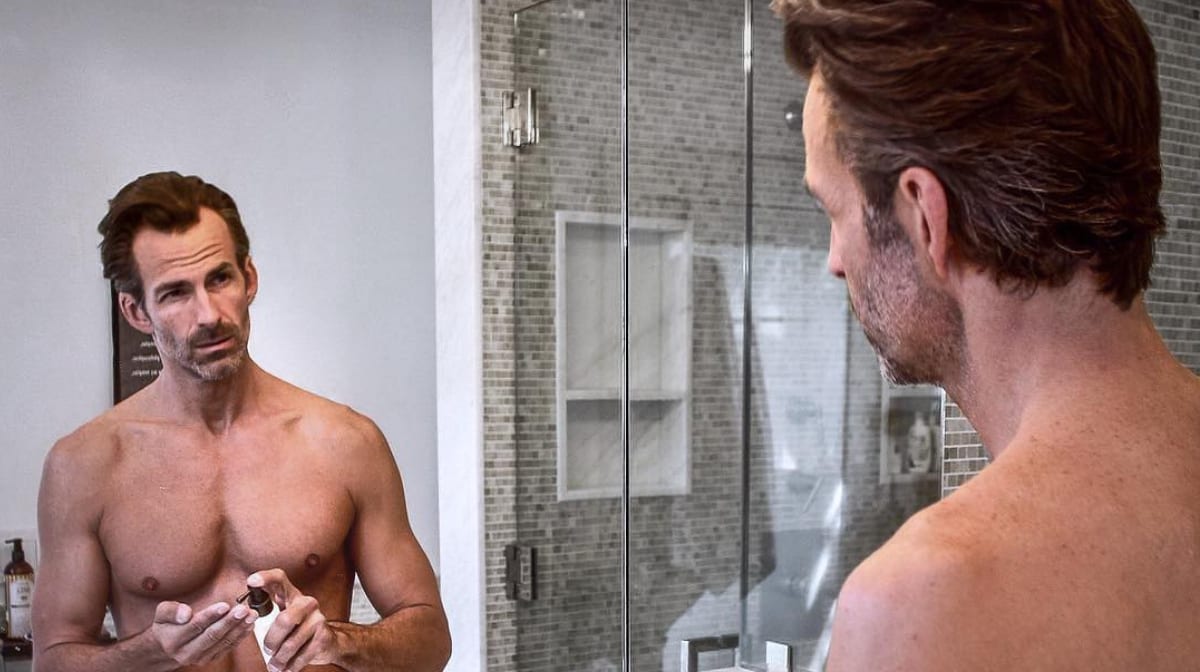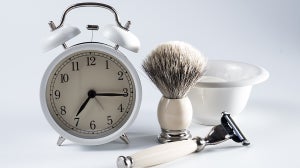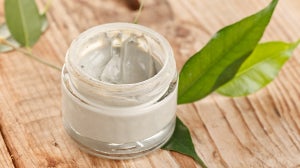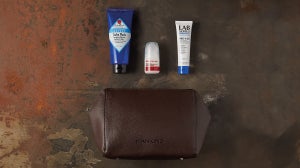
Male pattern baldness is a fact of life. Hair loss of one kind or another is experienced by virtually everyone, but 'androgenetic alopecia', the most common and recognisable type, affects a huge number of men, in increasing proportions as they grow older. This type of hair loss is caused by hair follicle cells becoming overly sensitive to the male sex hormone testosterone, causing them to shrink and stop producing hairs when they come into contact with free testosterone molecules. The reasons for this are complex and multifaceted, but suffice it to say, in Britain, as many as 2/3 of men will experience some level of hair loss by the time they're 35.
If you want to slow or reverse the tide of hair loss, there are a number of paths you can take. For some, the approach of preserving what hair you still have is enough, whereas others may want to take more extreme measures. Luckily, treatments of all kinds have rapidly proliferated in variety and availability in recent years, meaning that it's easier than ever before to explore the options on hand.
In this post, we take you through 4 hair loss treatments for men that you may want to try for yourself.
5 Hair Loss Treatments For Men

1. Hair Transplant Surgery
It's a controversial one, so let's get it out of the way. If you have the motivation and the financial means, one of the most effective hair loss treatments for men by far is the surgical option.
Hair Transplant Surgery works by removing skin with hair follicles that are not sensitive to DHT, the type of testosterone responsible for male pattern hair loss, and grafting it back in areas that are affected by DHT sensitivity. In these areas, hair will regrow with similar length and thickness to that before hair loss was experienced.
Like any treatment, it has advantages and disadvantages, which we'll cover below.
Pros:
When they're successful, they're the most effective option available.
It's the only hair loss treatment that guarantees some hair regrowth.
The hair regrowth is not random - your treatment course will involve a consultation with surgeon, in which you'll be able to establish the best way to regrow your hair based on your preferences.
Although for many it helps, it's not entirely necessary to continue taking medication long term after a transplant.
Cons:
The cost - at the very lowest end of the price range, hair transplants begin at £1000 per treatment. Depending on the level of hair loss prior to treatment, more extensive treatment may be necessary, and it's common to need more than one surgery. All this means costs can quickly rack up.
There is no guarantee as to how successful your treatment will be. It's common for DHT attacks to continue to effect follicles around the transplant site, causing further thinning. As well as this, hair occasionally doesn't grow back as thick as planned.
To avoid the above scenario, it's commonly encouraged to take hair regrowth drugs such as Finasteride or Minoxidil to encourage hair growth. These come with a number of potential side effects, and while they improve your chances of successfully regrowing your hair, they don't act as a guarantee.
2. Hair Regrowth Medication
There are two types of medication that are particularly effective in slowing hair loss and, in a lot of cases, reversing it. One, called Finasteride, is a drug that has a number of applications including treating prostate cancer. It works by reducing the levels of free DHT in the blood, preventing and in many cases reversing the follicle shrinking that results in the most common type of male pattern baldness. It comes with a large number of risks and potential physical and mental side effects, so should only be considered by those who have explored other options, and after consulting a medical professional.
Another option is Minoxidil, a drug that works by dilating the vessels supplying blood to the hair follicles. While many products do this, Minoxidil does so in such a way that it alters the growing cycle of the hair cell, effectively promoting new hair growth.
Regaine are a brand that specialise in over the counter Minoxidil. Their low concentration formulations, when used in the recommended doses, can be used without many of the side effects that can occur when used in higher doses. For those suffering from typical male pattern baldness, you can expect to see results within 2 months of use.
Stronger doses of Minoxidil are often recommended by doctors, but do come with additional risks. Irritation and allergic reactions do occur, and stronger doses can cause a variety of side effects. For this reason, it's always advised to seek medical advice before beginning a course.
3. Caffeine Based Treatments
Caffeine based hair thickening shampoos and hair loss treatments have been around for a very long time, and due to their cheapness and convenience, easily available and with negligible if any negative effects, some look on them with suspicion. They do work, however, albeit in a somewhat different way to treatments previously discussed.
Hair loss caused by male pattern baldness is a result of two genetic factors interacting. The first is that you have a high level of free DHT in the blood. The second is that your hair follicles are particularly sensitive to excess DHT, something that begins based on your genes, and becomes more common as you age. If these two things are the case for you, hair loss is inevitable.
Caffeine does not reverse hair loss or cause new growth, but it's thought that it could slow the process of receding. It's proven that caffeine can do this in certain circumstances by blocking the action of DHT on hair follicles. Based on this, companies have produced caffeine based shampoos and other treatments that provide a topical dose
of caffeine to your scalp. While there's currently no conclusive evidence of their effectiveness, there is a chance that consistently using caffeine based shampoos and other treatments will help you cling on to the hair you have.
4. Hair Thickening Treatments
Another extremely effective option to combat hair loss is to make the most of the hair that you have left. The visible appearance of thinning hair is commonly exacerbated by fineness - thinness of the hair strands themselves. Especially in the very early stages of recession and thinning, the overall look of your hair can be enormously improved simply by using a thickening treatment to enhance the body, volume, and health of the hair.
There are plenty of styling products that offer thickening benefits, as well as pre-stylers such as thickening sprays and volumising powders. Typically, these contain polymers that bind to the hair shaft, and often contain natural conditioning agents that coat the cuticle imparting additional body.
In addition, there are a number of intensive treatments that are designed to thicken individual hair strands by promoting scalp health and building density. This translates to thicker, fuller looking hair that better absorbs light and is much easier to style. Where hair thinning and recession results in your scalp becoming visible through the hair, regularly using thickening treatments will help to combat this. Ranges like L'Oreal Professionnel Serioxyl and Nioxinhave entire expertly formulated product lines dedicated to this purpose alone.
5. The Best of Both Worlds
The final inclusion on our list of hair loss treatments for men is something that combines the two previous elements in one convenient package. For those who are aiming to preserve the body and thickness of their hair as well as using caffeine to stimulate the follicles and potentially slow the progress of DHT attacks, there are products which offer the best of both worlds.
Grow Gorgeouscombines a range of natural thickening, conditioning and moisturising agents to maximise the thickness and fullness of your hair. As well as this, it uses an intense targeted dose of caffeine to ramp up blood flow and nutrient exchange to the scalp.
-
If you like this content, read about ourtop hair thickening shampoos for men,
our Groom 101 complete guide to haircare for men, and keep up to speed with the Mankind blog for more male grooming expertise.








